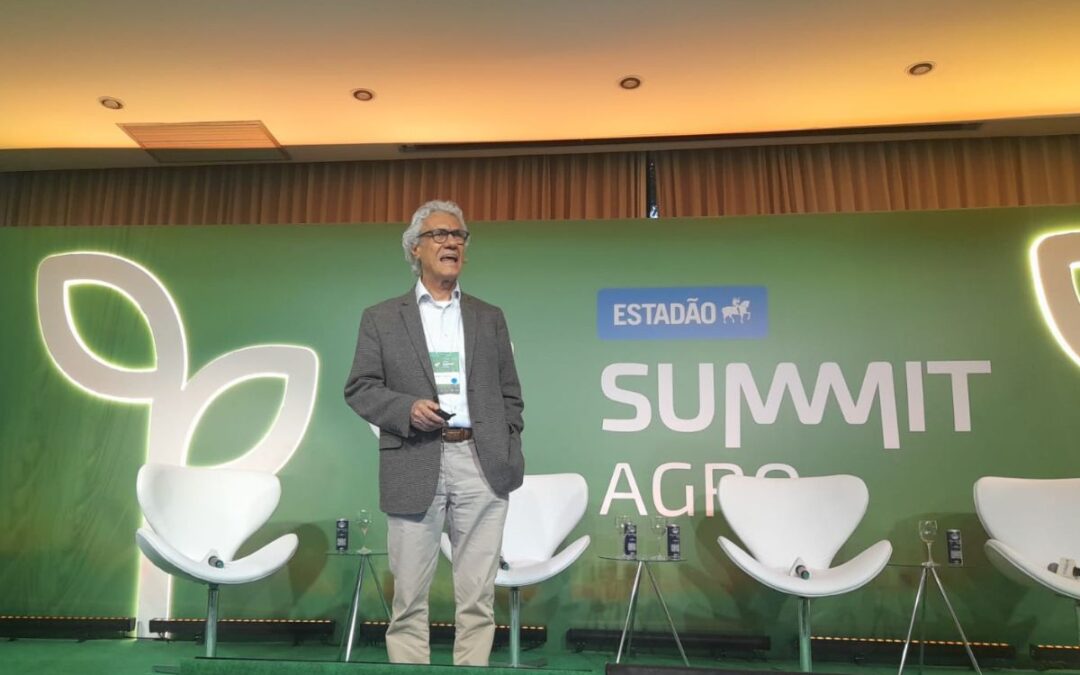In five years, herds raised on pasture have sequestered 282 thousand tons of carbon, equivalent to 180 cars, according to a study presented during the Estadão Summit Agro
Cattle farming is not a villain in terms of carbon emissions from the atmosphere. This is the statement made by consultant José Carlos Pereira de Freitas, an expert in ESG/Sustainability brought to Agribusiness, who participated in the Estadão Summit Agro, this Wednesday, the 13th, in São Paulo.
On the occasion, Freitas presented data from an experiment carried out by the Araguaia Carbon Project, developed over five years on 24 farms totaling 80 thousand hectares in the Araguaia Valley, in Mato Grosso. The study demonstrated that cattle raised on pasture, the main characteristic of tropical agriculture, reduces the carbon footprint. The frequent measurements carried out by the project demonstrated that, during this period, the herds sequestered 282 thousand tons of carbon — the equivalent of 180 cars driven per year.
Freitas also said that livestock farming does not depend on deforestation to produce. According to the consultant, deforested areas are often occupied by cattle to meet other interests, such as real estate speculation. However, over the course of 32 years (from 1990 to 2022), Brazil increased cattle productivity by 170%, saving 282 million hectares of forests.
“According to the experiments, having up to four animals per hectare eliminates emissions. This is because cattle act as filters. They reincorporate carbon from methane that decomposes in the agricultural cycle.”
Alignment of economic and climate issues
Freitas recalled that Brazil is the fifth country that emits the most carbon, but that the national agricultural sector has contributed to reducing these rates. Proof of this is that, in the same 32-year period, the country increased grain productivity by 445% — four times more than the growth in planted area, which was 111%. “Thanks to technological advances, Brazil not only avoided deforestation but also planted 10 million hectares of forests,” argued the specialist.
Another fact mentioned is that 86% of the national energy matrix is already renewable. “I believe there is an obsequious silence about the virtues of agriculture practiced in the tropics. We need to talk about them. Part of this is up to scientists. The other part is up to political and social discussion,” he said, calling for improved communication so that correct information is disseminated.
In the consultant’s view, to assess whether livestock farming is sustainable, it is necessary to ask about the impacts it generates on a country’s culture and economy, on food and on the climate. “In the past, the attributes of good meat were tenderness, juiciness, among other physical characteristics. Today, sustainability is added to the attributes of meat.”
In this scenario, farms cannot be seen only as production areas, but as a whole that includes forests, rivers, and other elements. “We are faced with the message that we need to combine economic issues with the climate agenda. And, in this case, there is no point in killing the messenger. Even if we do that, the message will get through.”

